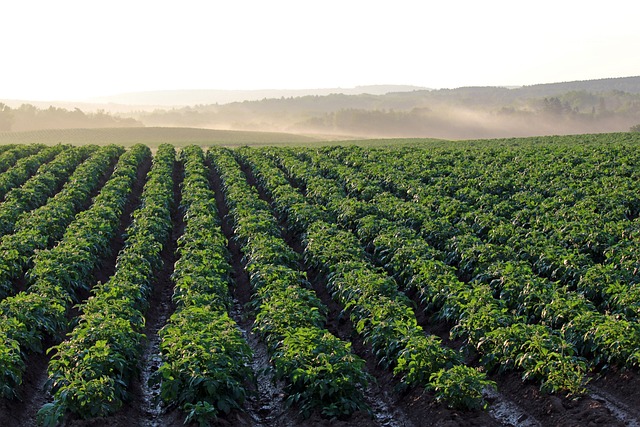The innovation presented by the young Togolese doctor in applied entomology, Kondow Moubarak, promises to radically transform agriculture in Africa. His project, focused on the use of biopesticides combined with artificial intelligence for climate-smart pest management, positions itself as a crucial solution for the future of food security on the continent. This proposal, awarded at the first West and Central African Youth Summit in Lomé, has the potential to create a profound impact on both agricultural sustainability and environmental protection.
Equatorial Guinean Companies Participate in the Macao International Trade and Investment Fair (MIF)
Moubarak’s project addresses one of the greatest challenges for farmers: the rapid spread of invasive pests due to climate change. With his innovative tool, based on an international biopesticide database and the use of artificial intelligence, farmers will have access to immediate and personalized solutions to combat pests in real time. This will not only reduce crop losses but also prevent the overuse of chemical pesticides, leading to long-term ecological benefits.
The economic impact that this technology could trigger is immense. By reducing agricultural losses caused by pests, food security in Africa will be strengthened, contributing to rural economic growth and poverty reduction. Moreover, this climate-smart technology is not limited to Africa; it could be applied globally, positioning the continent as a leader in sustainable agricultural innovation.
Moubarak emphasizes that his project aims to “provide quick and effective solutions, preventing pests from causing irreparable damage.” The inclusion of internationally available biopesticides in the database strengthens the global scope of this initiative, which could be key in addressing future agricultural threats in a climate-affected world.
By combining cutting-edge technology with environmental preservation, this project is emerging as an international benchmark in the fight against bioaggressors and the transition to cleaner, more resilient agriculture.
